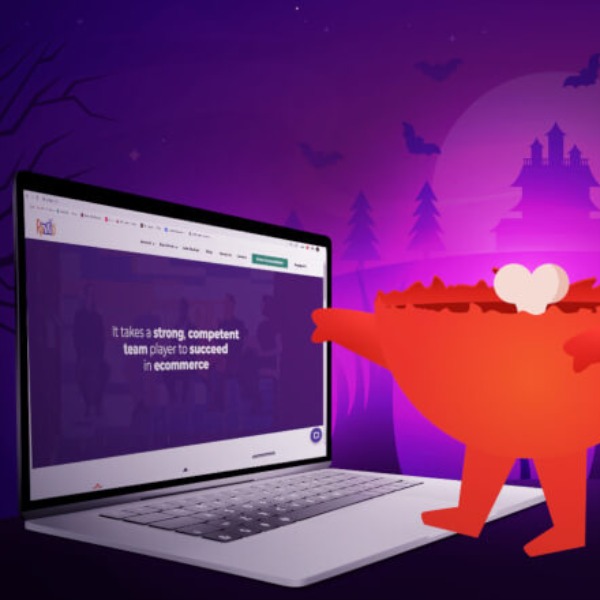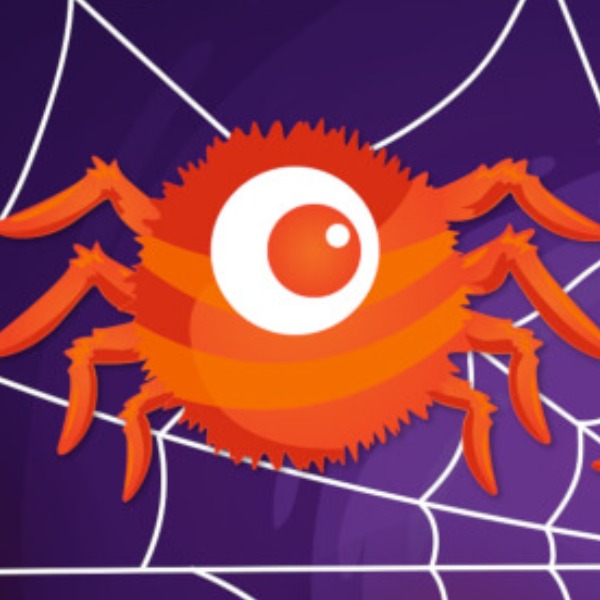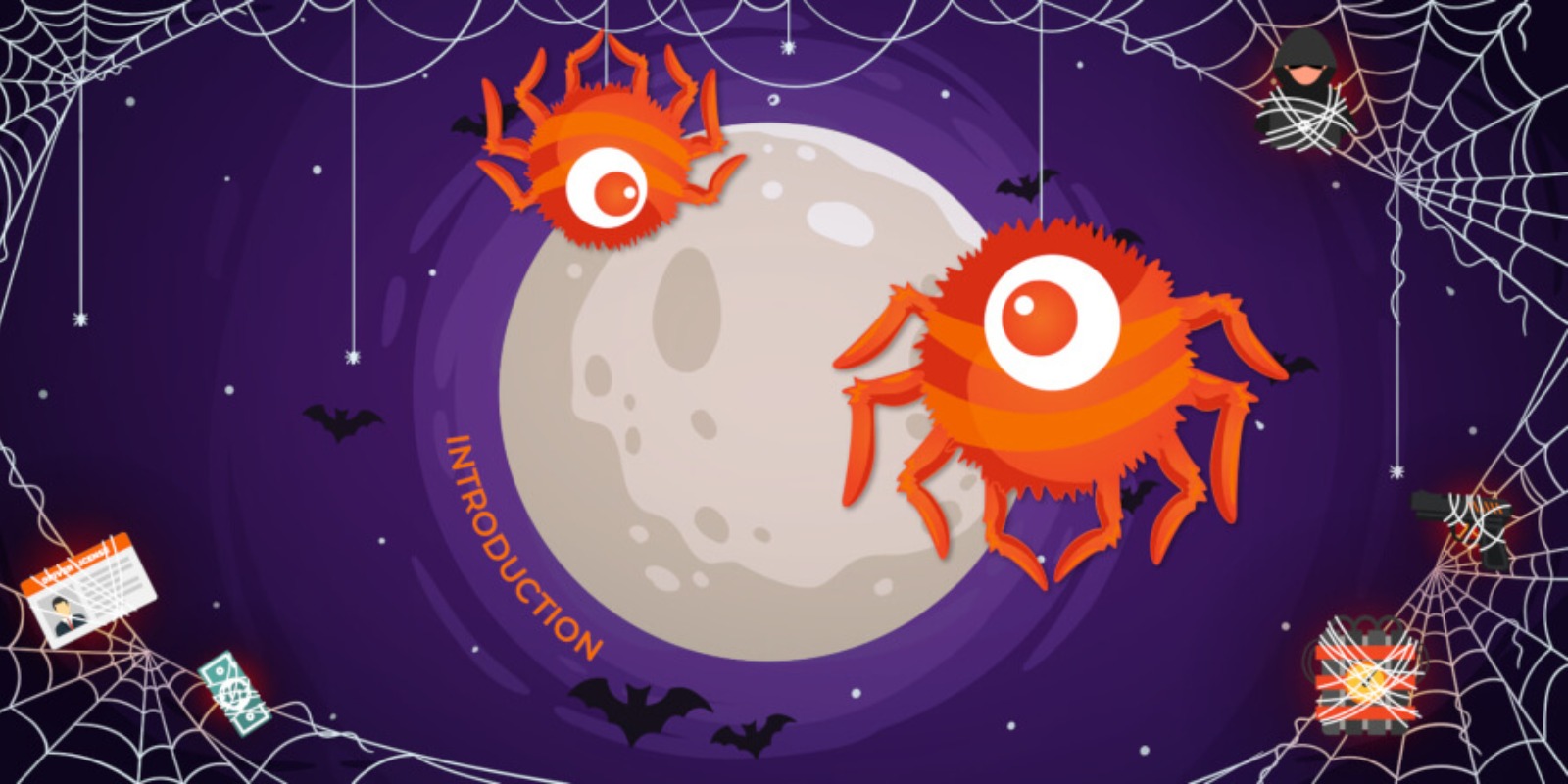
Are You Afraid of the Dark Web?: Introduction
October 20, 2020 by Paul Byrne
To the average internet user, the Dark Web is a scary unknown, full of hackers, drug lords, and other nefarious things that go bump in the night. But to those with a little more knowledge, there’s opportunity lurking in it’s murky depths.
What even is the Dark Web?
In a certain sense, the Dark Web brings the internet back to its origins. It maximizes anonymity and sacrifices relevance. We’re all used to accepting (or ignoring) the fact that every site we visit tracks our every move via cookies, our browser or device, ip address logging, and too many other technologies to name.
Dark Web enthusiasts reject that premise and instead opt for maximum privacy and discretion while browsing the internet.
Some argue that the Dark Web is a dangerous place because it is where illegal and immoral activities (the sale of drugs, illegal arms, trading in child pornography) take place. While it is true that those activities rely on anonymity to flourish, you won’t really see them unless you go looking for them.
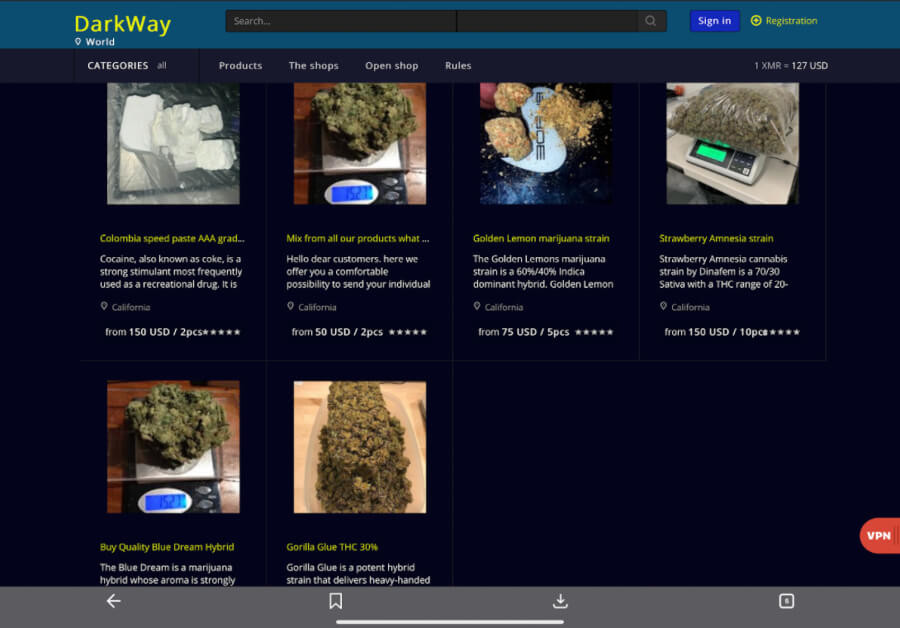
There are plenty of reasons perfectly moral people use the Dark Web including journalists, dissidents, and whistle blowers. Thanks to Edward Snowden, we have some knowledge of the lengths the US government goes to illegally spy on its citizens (and everyone else in the world). In his recent book, Permanent Record, he discusses ways that all of the world’s governments are complicit in violating their citizens rights online.
Many corporations including Google, Facebook, Amazon, Apple, Samsung are complicit in not only helping the governments, but they engage in their own snooping as well. Of course, you gave them permission when you accepted their EULA’s by checking the box when you sign up for a social media account or when you turn on your new 4K TV.
So is it truly surprising that some people prefer not to let Google know everything about their life?
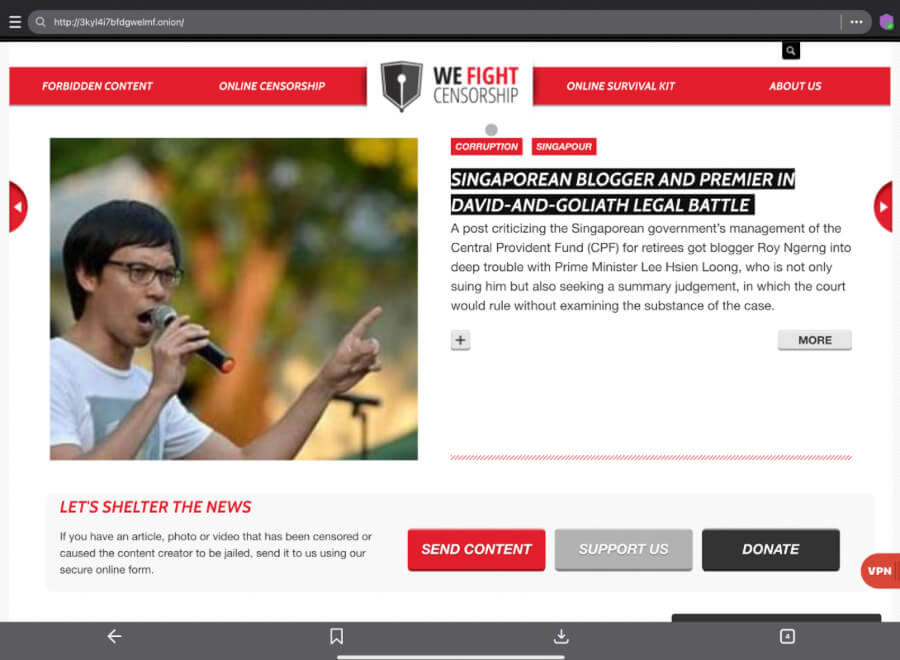
The Technologies
The Dark Web usually refers to users of The Onion Router (TOR) network. When using a TOR browser, your internet requests go through a series of routers run by independent hosts (many run by people like you and me) each of which know only about the other two they are connected to.
Thus it cannot trace your browser’s request for a web page back to you in most cases.
There have been instances of TOR browsers leaking DNS information, sometimes for long periods of time. Brave browser was recently in such a position when it was discovered they had been leaking DNS information as well as ALL domains in TOR tabs for several months. Additionally, if you enable Javascript or if Javascript somehow becomes enabled, you could be deanonymized. There was a bug in the official TOR browser that automatically enabled Javascript when it shouldn’t have.
TOR site urls end in .onion. If you try to enter one into Chrome, or any other open web browser, you will encounter a 404 error because they don’t know how to find a TOR router. Thus, you will need a TOR browser, the most famous of which is distributed by the TOR project.
To keep your computer and other applications on it from spying on you, you should not use it for anything else. Preferably, your computer will run the operating system called Tails. If you are a merchant whose merchandise might draw the attention of unwanted prying eyes, using Tails is a must.
Ecommerce on the Dark Web
Despite it’s (albeit well-earned) reputation, the Dark Web is also a place for the stuff that just doesn’t quite fit in anywhere else. Although we wouldn’t recommend carrying out your weekend shopping there, it has the potential to get your products in front of a new, privacy-conscious audience.
Now that we’ve primed you on the basics, it’s time to dive into ecomerce’s place in the Dark Web with Part 2.
DISCLAIMER: We do not take any responsibility for anyone using information provided in the article. The article is provided for education purposes.
Explore with AI:
These links open AI platforms with pre-written prompts about this page.

